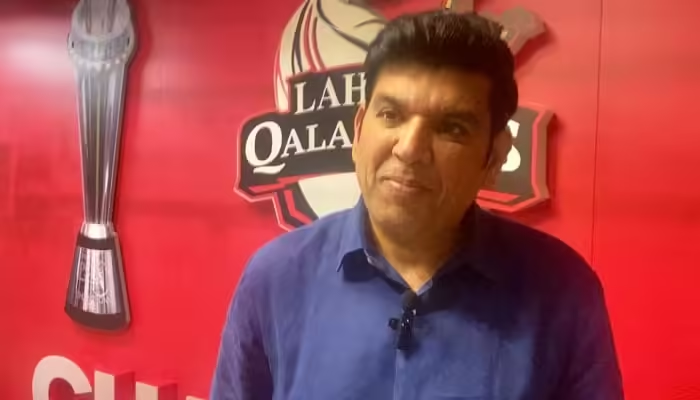On Tuesday, divisions between Premier League clubs and the lower tiers of English football surfaced as the UK government introduced a bill to establish an independent regulator, provoking debates about the future governance of the sport.
The proposed regulator would wield significant powers to ensure the sustainable management of clubs and could prevent them from participating in breakaway competitions like the European Super League.
Tensions between Premier League clubs and the English Football League (EFL) have escalated over a new funding agreement for the football pyramid. A £900 million deal over six years, contingent on future TV revenues, has stalled due to disagreements among Premier League clubs.
The government has issued warnings to top-flight teams, indicating that failure to reach a funding agreement could result in imposed terms.
Among the regulator’s prerogatives is the authority to mediate and enforce settlements by evaluating proposals from both parties and imposing binding arrangements if necessary.
David Sullivan, chairman of West Ham, voiced concerns among Premier League clubs regarding potential limitations imposed by the regulator. He emphasized the Premier League’s global stature and expressed apprehension that any measures reducing income could diminish its competitiveness.
However, EFL chairman Rick Parry refuted such claims, highlighting the widening gap between the Premier League and other European leagues. He dismissed assertions that the Premier League would suffer from undue constraints, asserting that enhanced regulation could actually benefit football clubs.
The government’s decision to introduce a regulator follows a fan-led review of football in 2022, spearheaded by former sports minister Tracey Crouch. Crouch emphasized that financial sustainability in football clubs would not adversely affect competitiveness, but rather contribute to their flourishing.
The review prioritized ensuring that recommendations would not undermine domestic competitiveness or talent attraction. It concluded that improved regulation and governance would bolster the sport’s prosperity.



